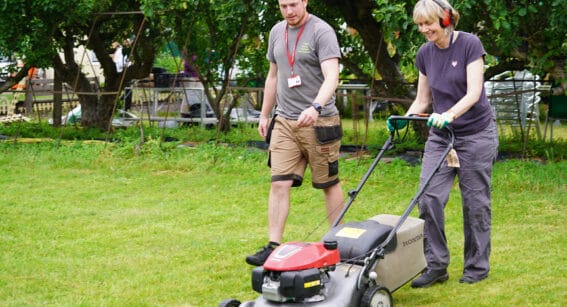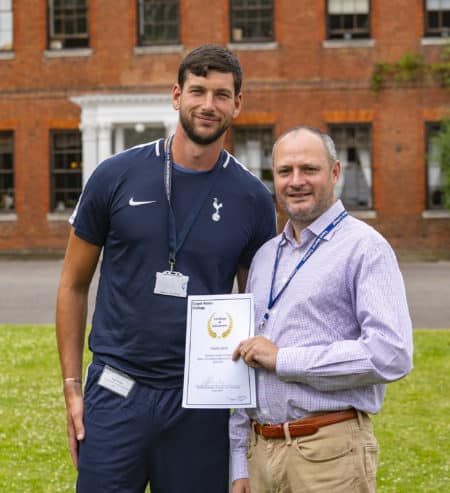Apprenticeships explained
There is no set rate of pay for apprentices, with wages varying according to the employer, but this wage will not be below the national apprenticeship wage. You will also benefit from at least 20 days of paid holiday per year, plus bank holidays.
For further information, please visit www.gov.uk/apprenticeships-guide/pay-and-conditions
Funding is through the governments Apprenticeship Levy Scheme or through co-investment however, apprentices pay nothing.
If you live in England, any one over the age of 16 and not in full-time education can apply for an apprenticeship.
You need to have been an EU/UK resident for a minimum of three years. You can not be in any other form of education or training such as college or university.
You could spend less time training or qualify earlier if you have relevant experience. This includes having:
- Qualifications, such as a National Vocational Qualification (NVQ) in a relevant subject
- Industry or sector experience
This will be agreed this with us your training provider and employer when you start your apprenticeship.
Apprenticeships combine practical training in a job with study.
As an apprentice you will:
- be an employee earning a wage and getting holiday pay
- work alongside experienced staff
- gain job-specific skills
- get time for training and study related to your role (at least 20% of your normal working hours)
Apprenticeships take 1 to 5 years to complete depending on the level.
Yes, and your work must be based in England and relevant to the program with full-time contract (at least 30 hours per week). In some instances, we can take employees who work part time but this may have an impact extending the overall delivery time of the training plan.
We post all vacancies employers given to us on the government website.
If you are unable to find a job you want, please get in touch with us so we can put you on a talent list for when new opportunities become available.
It is possible to apply for an apprenticeship without having an employer but you will not be able to start on a programme until you are employed full-time.
Yes, the higher the level the longer the program, see below for comparison to general qualifications:
- Level 2 – Intermediate level – 5 GCSE passes
- Level 3 – Advanced level – 2 A levels
- Level 4 – Higher – First year of a degree program
- Level 5 – Higher – foundation degree and above
- Level 6 – Higher / Degree – Bachelor’s degree level
- Level 7 – Higher / Degree – Master’s degree and PHD level









